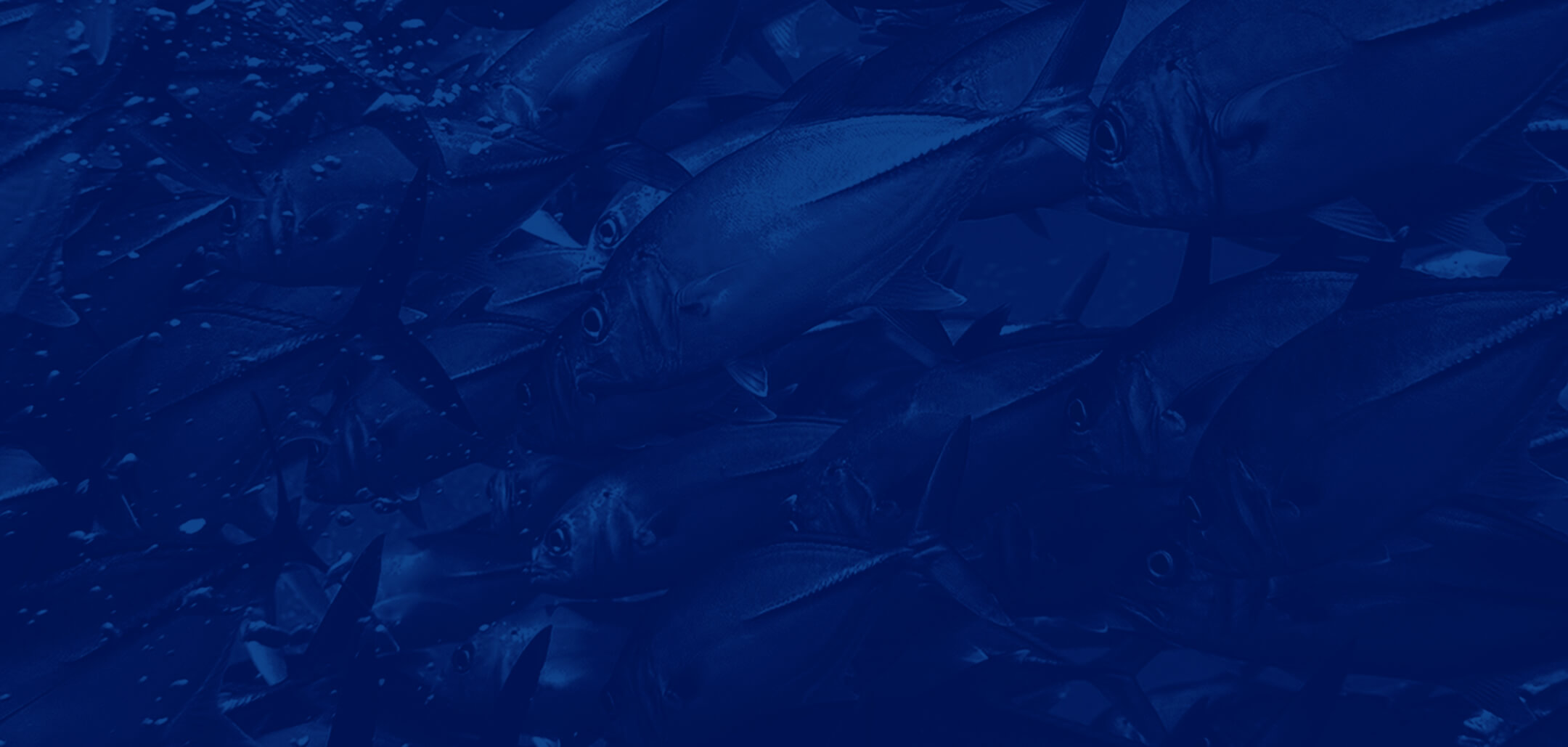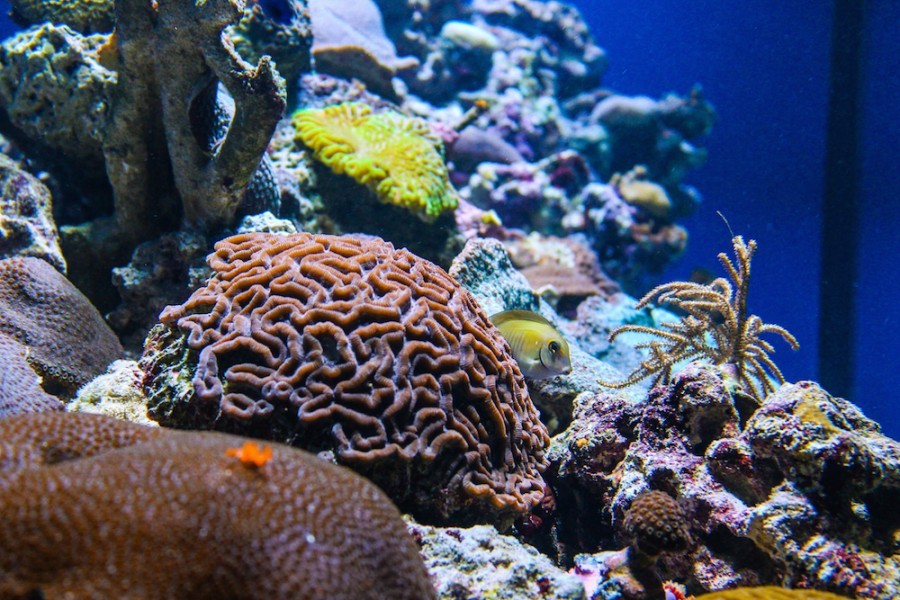Mote Aquarium invites you to marvel at Florida’s coral reefs and learn about the many threats they face today in the new exhibit Florida’s Coral Reefs, which opened to the public Saturday, Aug. 13.
“This is truly an awe inspiring exhibit,” said Evan Barniskis, Assistant Vice President of Mote Aquarium in Sarasota, Florida. “The beautiful Florida Keys corals and fish in this exhibit serve as educational ambassadors for coral reefs and the tremendous work that our Mote scientists are performing to restore reefs in the Florida Keys.”
Guests will see 15 different species of corals found on Florida reefs and many species of fish and other colorful creatures: a snapshot of the dramatic beauty of Florida Keys reefs. Enjoy the fascinating features, and learn how coral reefs are doing in the wild, and how Mote scientists are working on restoration projects that aim to help bring them back from the brink.
Coral reef restoration is a priority of Mote’s world-class research focused on the conservation and sustainable use of our ocean’s natural resources. Today, corals are facing threatening challenges including widespread and diverse coral disease, increasing ocean temperature, ocean acidification and coral bleaching.
Bleaching occurs when corals become stressed due to high-temperature water, causing the symbiotic algae they depend on for some of their food to leave the corals’ tissues. Without their symbiotic algae, corals appear white, and this bleaching can eventually lead to coral death. Ocean acidification can also lead the calcium carbonate skeletons of coral to dissolve, causing destruction of reef structures. In addition, research has suggested that corals under increasingly acidic conditions are more susceptible to bleaching.
Mote’s Coral Reef Restorations Program has made significant advancements to restore the coral reefs we are losing so quickly. Mote’s cutting-edge, reef-building technique called “re-skinning” is based on observations that small fragments of brain, boulder and star coral from Mote’s Summerland Key nursery will often rapidly fuse back together in the lab; in natural settings these small fragments may form new coral heads over the dead skeletons of depleted reefs.
Through this groundbreaking research, Mote scientists are working to restoring large areas of these major reef-building corals in just one to three years – instead of the hundreds of years it might take for natural recovery.
In addition, Mote has also raised genetically diverse coral for restoration in its extensive underwater nursery offshore of its research facility on Summerland Key. There, scientists are growing threatened staghorn coral for replanting on decimated or damaged sections of the reef throughout the lower Florida Keys. Genetic identity of all colonies has been established and these nursery-grown staghorn coral grow four times faster than in the wild.
“With the help of this exhibit, we hope our Aquarium guests will not only be amazed by the beauty of our Florida’s Coral Reefs, but also inspired to learn more about how they can help Mote to preserve them,” Barniskis said.
“Florida’s Coral Reefs” is open during normal hours, 10 a.m.-5 p.m. seven days per week, at Mote Aquarium, 1600 Ken Thompson Parkway in Sarasota, Florida.
This exhibit would not be possible without the support of Mote Trustees Mickey Callanen, Susan Gilmore-Clarke and Judy Graham.


